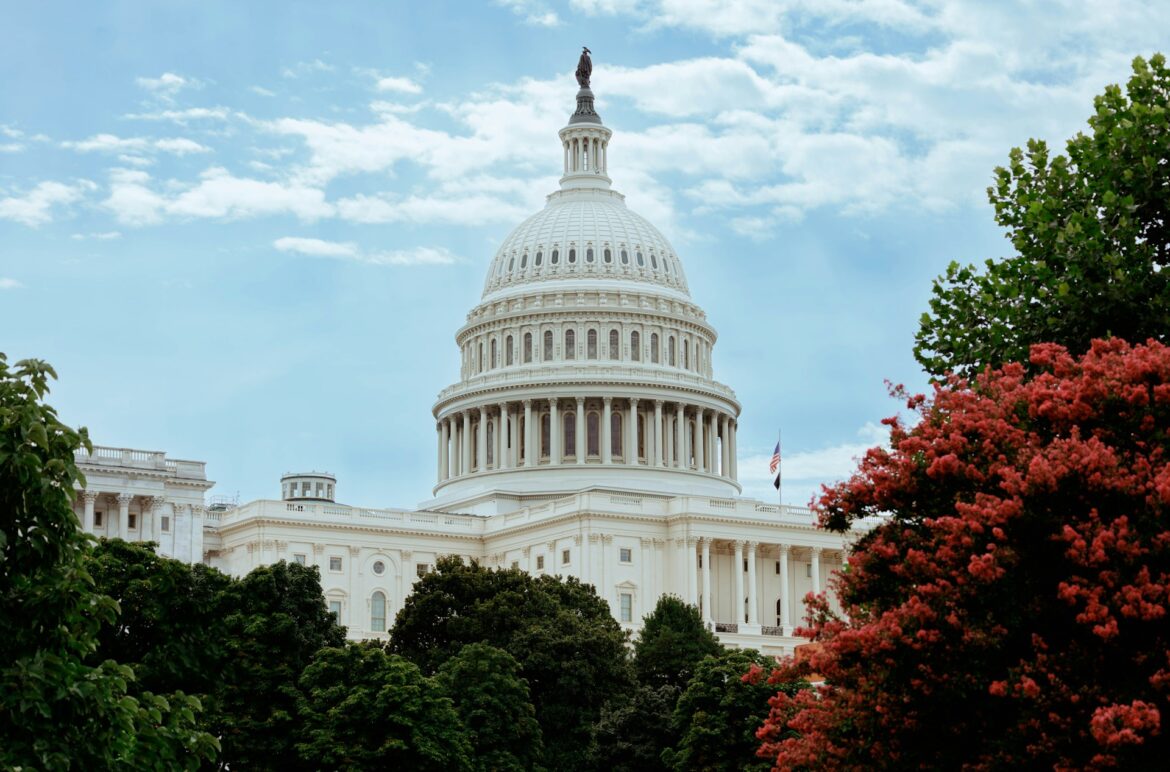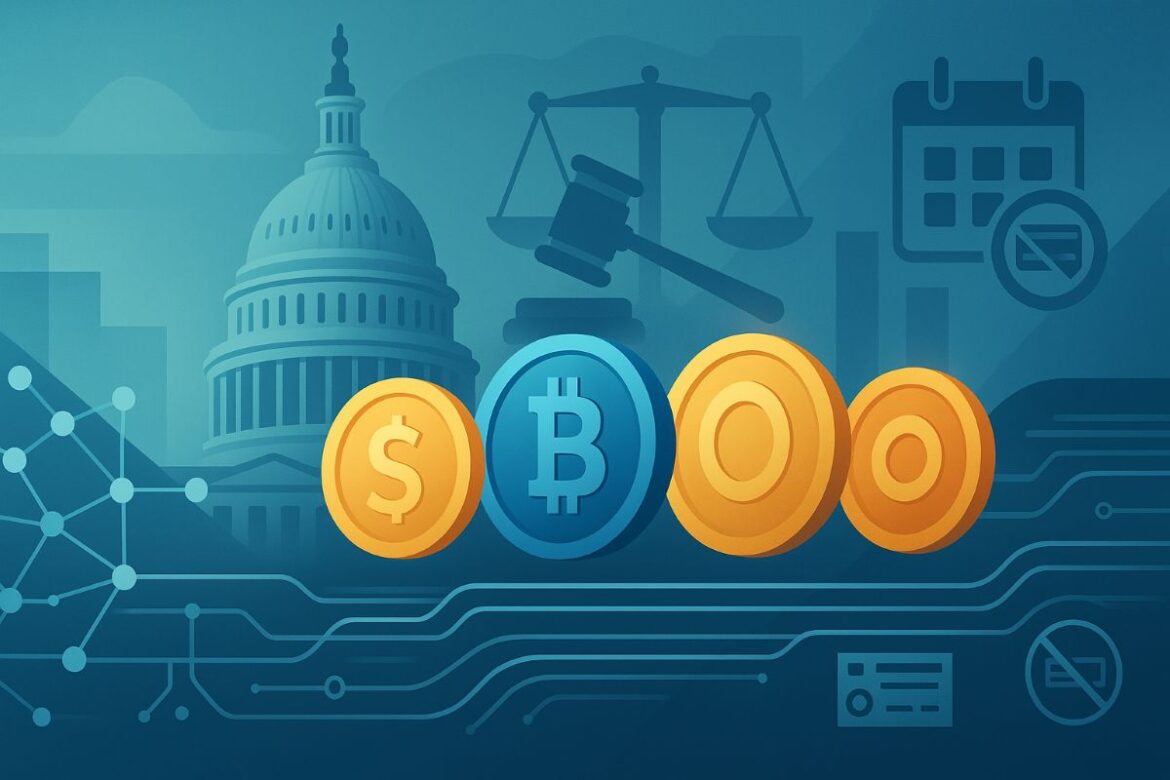Meta has announced it’s updating its rules and training processes for its AI chatbots after a controversial Reuters report published earlier this month shed light on serious child safety issues. The report revealed disturbingly loose policies outlining how Meta’s chatbots can interact with and describe minors, particularly concerning romantic or sexual conversations.
Meta spokesperson Stephanie Otway responded to the situation in a statement to TechCrunch on Friday, saying, “As we continue to refine our systems, we’re adding more guardrails as an extra precaution—including training our AIs not to engage with teens on these topics, but to guide them to expert resources, and limiting teen access to a select group of AI characters for now. These updates are already in progress, and we will continue to adapt our approach to help ensure teens have safe, age-appropriate experiences with AI.”
The Reuters reported has also prompted a Senate investigation and a scathing letter from the National Association of Attorneys General, stating, “Exposing children to sexualized content is indefensible. And conduct that would be unlawful—or even criminal—if done by humans is not excusable simply because it is done by a machine.”
Related articles
The situation worsened this weekend when Reuters published a second report revealing that Meta had also allowed AI chatbots impersonating celebrities to proliferate on its platforms.
These “parody” chatbots were caught sharing explicit messages and generating adult images of Taylor Swift, Selena Gomez, Scarlett Johansson, and Anne Hathaway. One of the chatbots was also impersonating 16-year-old actor Walker Scobell. Most of the bots were user-created, but at least a few were made by a Meta employee, including chatbots impersonating Taylor Swift and Formula One driver Lewis Hamilton. According to Reuters, that employee’s chatbots have since been removed.
Unfortunately, these reports are just the latest in a growing list of controversies surrounding generative AI platforms. Not only do they pose risks to the safety of minors using Meta’s chatbots, they could also threaten the safety of the celebrities being impersonated.
“If a chatbot is using the image of a person and the words of the person, it’s readily apparent how that could go wrong,” Duncan Crabtree-Ireland, SAG-AFTRA national executive director, said in a statement to Reuters. SAG-AFTRA is the trade union representing actors and other media professionals in film, TV, and gaming, including the celebrities who were impersonated by Meta’s chatbots. The union has been fighting for stronger protections against AI for years now, and this situation just goes to show why. Clearly, more guardrails and regulations are still needed.
Best graphics card 2025
All our current recommendations







